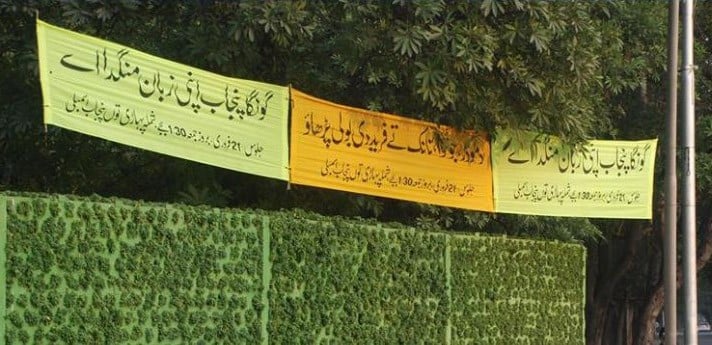
In the name of Punjabiyyat
Every year’s Mother Language Day reminds us of the linguistic brutality and suppression of the state against Punjabi

Every year’s Mother Language Day reminds us of the linguistic brutality and suppression of the state against Punjabi
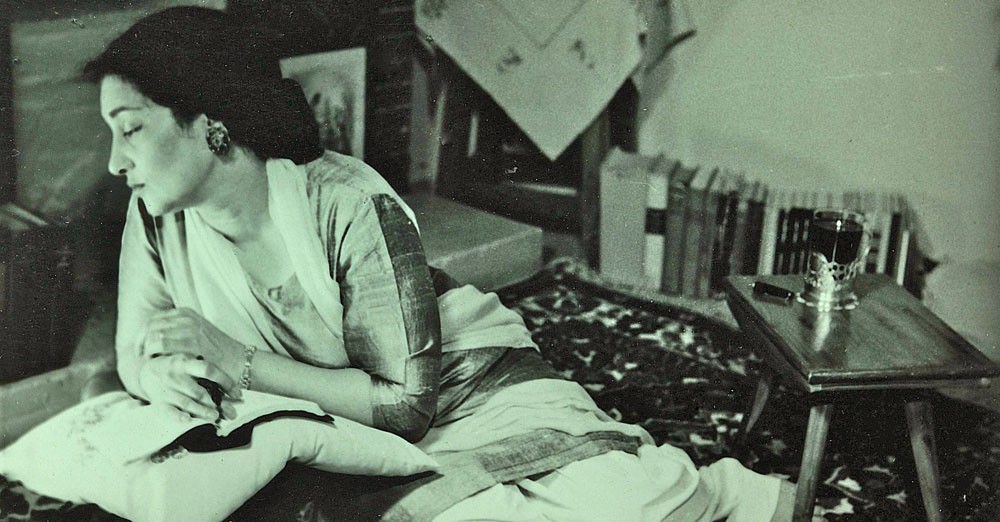
Recounting the women poets of the undivided Punjab, a poetic history that lies buried under male monopoly
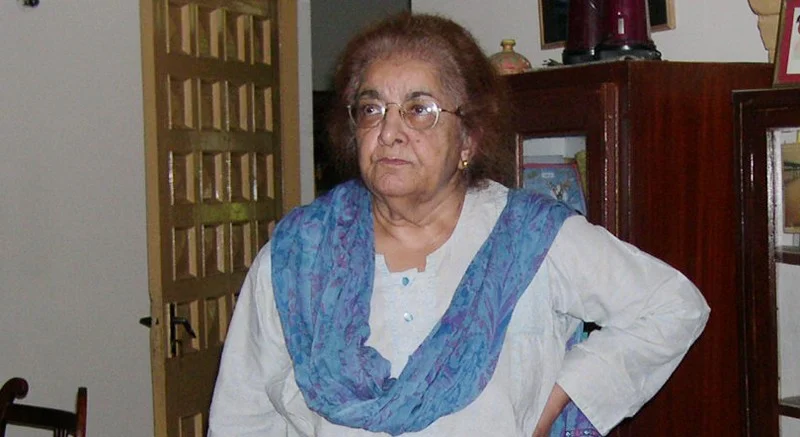
Afzal Tauseef, a progressive writer and columnist, fought too many battles, faced so many betrayals but never surrendered

Mahmood Awan writes about the tragedy of the 2014 Peshawar school massacre and how poetry can play its role in addressing the grief
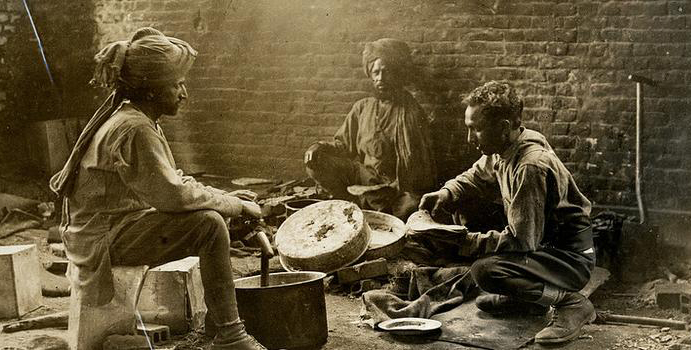
As WW1 centenary commemorations end, here’s the second and last part about the unique insight this war provided into colonial duplicity and local suffering, and the Punjabi folk lore it generated
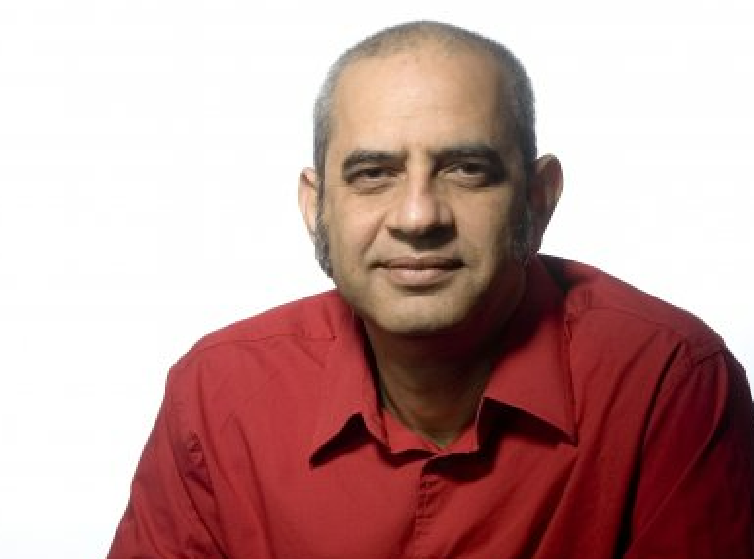
Irfan Malik’s diction and thematic experimentation may be western but his poetic sensibility is rooted in Punjab and he still belongs to his native land Lahore

Looking back at the history of translation of classical, religious and modern Punjabi literature, as the world celebrates International Translation Day
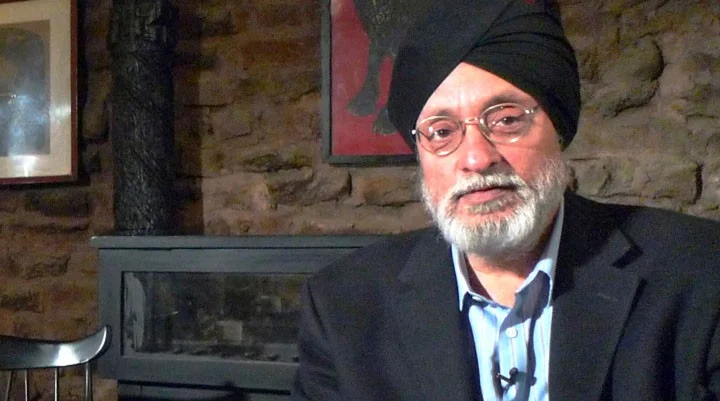
Amarjit Chandan’s poetry enriches and elevates; it’s a timeless travel not to be engaged in haste
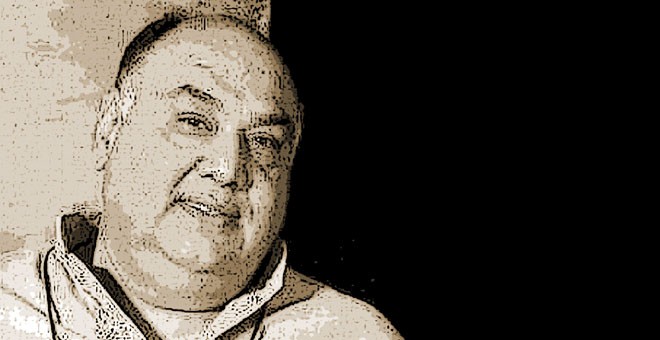
Mahmood Awan reviews poetry of Punjabi Poet Mazhar Tirmazi who wrote the famous poem ‘Umraan Langhiaan Pabbaan Bhaa”
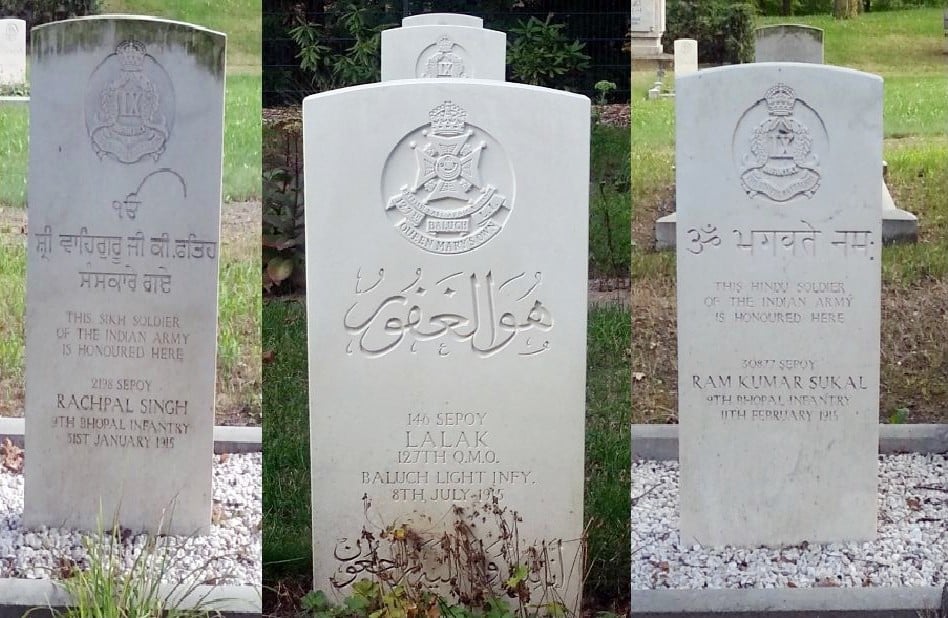
An account of the Punjabi soldiers who became the cannon fodder of the colonising power in World War I, and the mournful songs and literature this episode in history generated in its wake